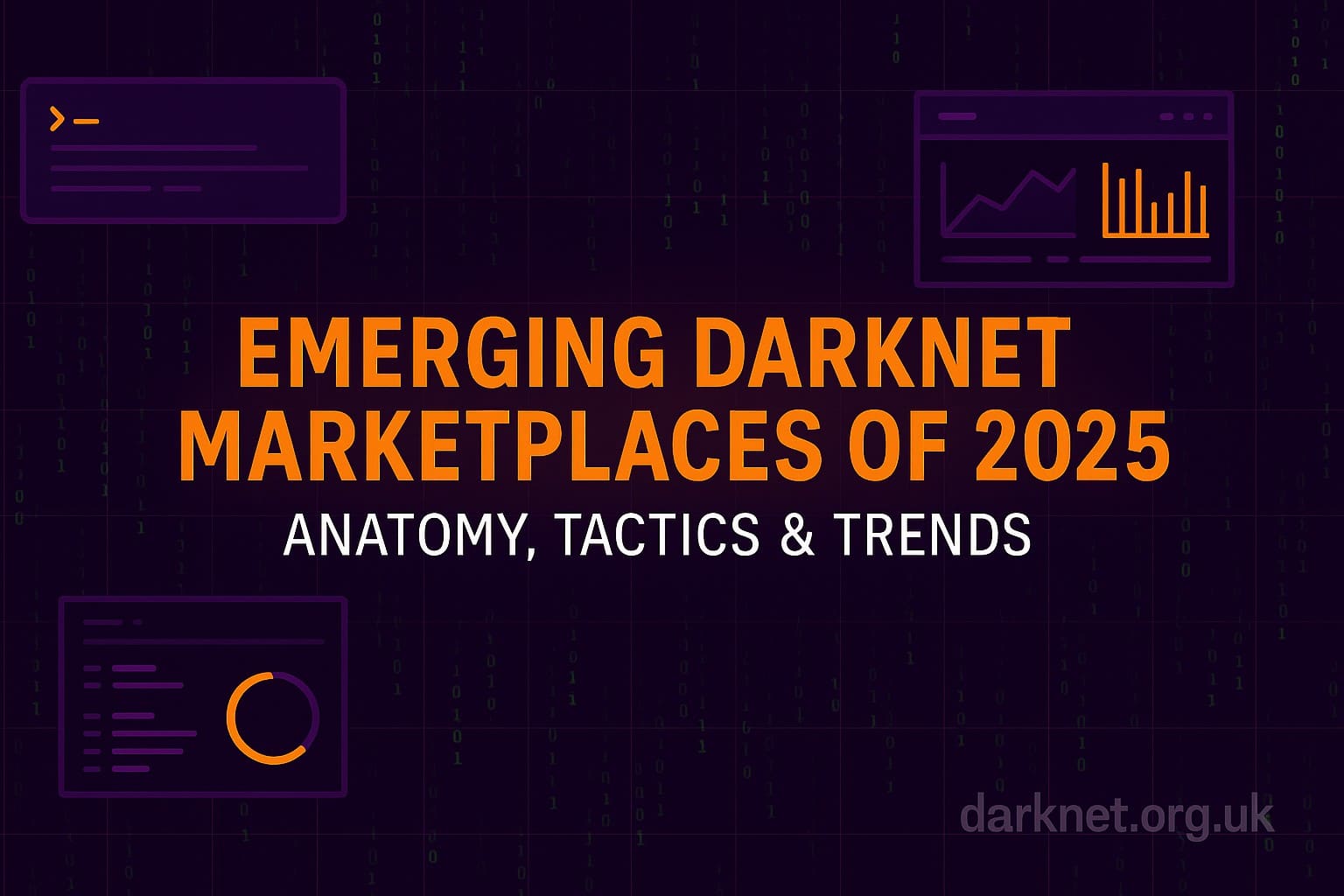Within the shadows of the internet exists a dimension that few are willing to venture into. This hidden dimension, known as the dark net or darknet, is frequently shrouded in secrecy and intrigue. It functions as a platform for those seeking items and offerings that function beyond the confines of conventional online commerce.
While the commercial internet is a vibrant marketplace of accessible markets and transparent transactions, the darkweb presents a sharp contrast—defined by anonymity, illegal exchanges, and a complex network of users navigating its unregulated terrain.
For certain individuals, the allure of the darkweb is the enticing possibility of forbidden goods and services, spanning from the exotic to the criminal. From rare artifacts to controlled substances, the range of items are as diverse as they are controversial. However, these shadowy transactions come with serious hazards, as navigating this underbelly requires a careful mix of curiosity and care. In this piece, we will delve into the intricacies of darkweb markets, examining their operations, the reasons of their participants, and the consequences of participating in this secretive side of digital commerce.
A Dark Web: An Overview
This darkweb is a part of the web which isn't indexed by traditional search engines. Accessing the darkweb typically requires particular software, the most common being Tor, which hides user traffic. Such layer of the web hosts a variety of activities, some of which are legal and others which veer into illegal transactions. Users frequently seek the darkweb to preserve anonymity, either for valid reasons such as privacy and free expression or for engaging in illegal activities.
Although the darkweb is often associated with illicit marketplaces, it is also a refuge for those looking to interact securely. Reporters, activists, and individuals in repressive regimes sometimes turn to these concealed networks to share information without fear of government surveillance. This duality gives the darkweb a complex identity, oscillating between an area of genuine concern for rights and a haven for unlawful practices.
Darknet markets are notorious for facilitating the sale of drugs, weapons, stolen data, and various illicit goods. Such markets operate on the principle of anonymity, allowing buyers and sellers to conduct transactions without disclosing their identities. Nonetheless, law enforcement agencies globally have gradually focused on infiltrating and dismantling these platforms, leading to a continual game of cat and mouse between regulators and darkweb users. This evolving landscape keeps the darkweb in a state of change, reflecting broader societal issues around privacy, security, and legality.
Dangers and Regulations
Navigating the shadow internet comes with substantial threats, not only to purchasers and merchants. Illicit transactions can result in run-ins with schemes, where individuals might lose their funds or get poor-quality or non-existent goods. The cloaked nature of deep web markets further promotes a greater likelihood of coming across dangerous software, that can endanger personal data and financial information. darkmarket list fosters an ecosystem where trust is difficult to build, rendering it essential for users to be extremely cautious.

In addition to the immediate risks, there are law-related ramifications associated with participating in deep web commerce. Legal statutes surrounding digital transactions can be quite diverse by area, but many countries have stringent regulations that condemn engaging in unauthorized goods and services. Law enforcement agencies vigilantly monitor sections of the darkweb, and individuals could face significant criminal charges if discovered engaging in such actions. Grasping these regulations is crucial, as lack of knowledge about the law does not provide immunity from prosecution.
As the deep web evolves, so too do the strategies of authorities seeking to fight unlawful activities. Authorities globally are collaborating to enhance tracking and monitoring features, employing tools to locate and take down these clandestine markets. Efforts include the capture of important operators and the termination of major platforms, which poses further risks for individuals relying on these platforms for transactions. Staying informed about judicial developments is essential for anyone considering involvement in the deep web, as the results of these actions can be grave and long-lasting.
The Future of Darknet Commerce
As continue to evolve, the landscape of darknet commerce is seeing significant transformations. The introduction of advanced encryption methods along with privacy-focused cryptocurrencies will likely further enhance the anonymity that users desire in these markets. Such advancements open up new avenues for illicit transactions while simultaneously presenting challenges for law enforcement agencies that strive to fight against illegal activities on the internet. The ongoing cat-and-mouse game among darkweb vendors and authorities will likely intensify, shaping the future direction of these underground economies.
Furthermore, the rise of decentralized marketplaces is changing the way goods and services exchange hands on the darknet. Unlike traditional platforms that operate under centralized control, these decentralized environments offer users increased autonomy and security. Such a shift not only enhances the user's ability to conduct transactions without oversight, but it also complicates regulatory efforts. As these markets gaining momentum, they might potentially attract a broader audience, including those who may previously have hesitated to engage in darkweb commerce due to issues of security.
Looking forward, the future of darknet commerce is anticipated to see further integration with mainstream technologies as well as trends. Innovations like artificial intelligence and machine learning could be utilized by vendors to optimize their operations, whereas buyers could become increasingly savvy in their search for reputable suppliers. As the line between the surface web versus darker corners of the internet blurs, the implications for both users and law enforcement will be profound, making it critical to monitor these developments closely.
